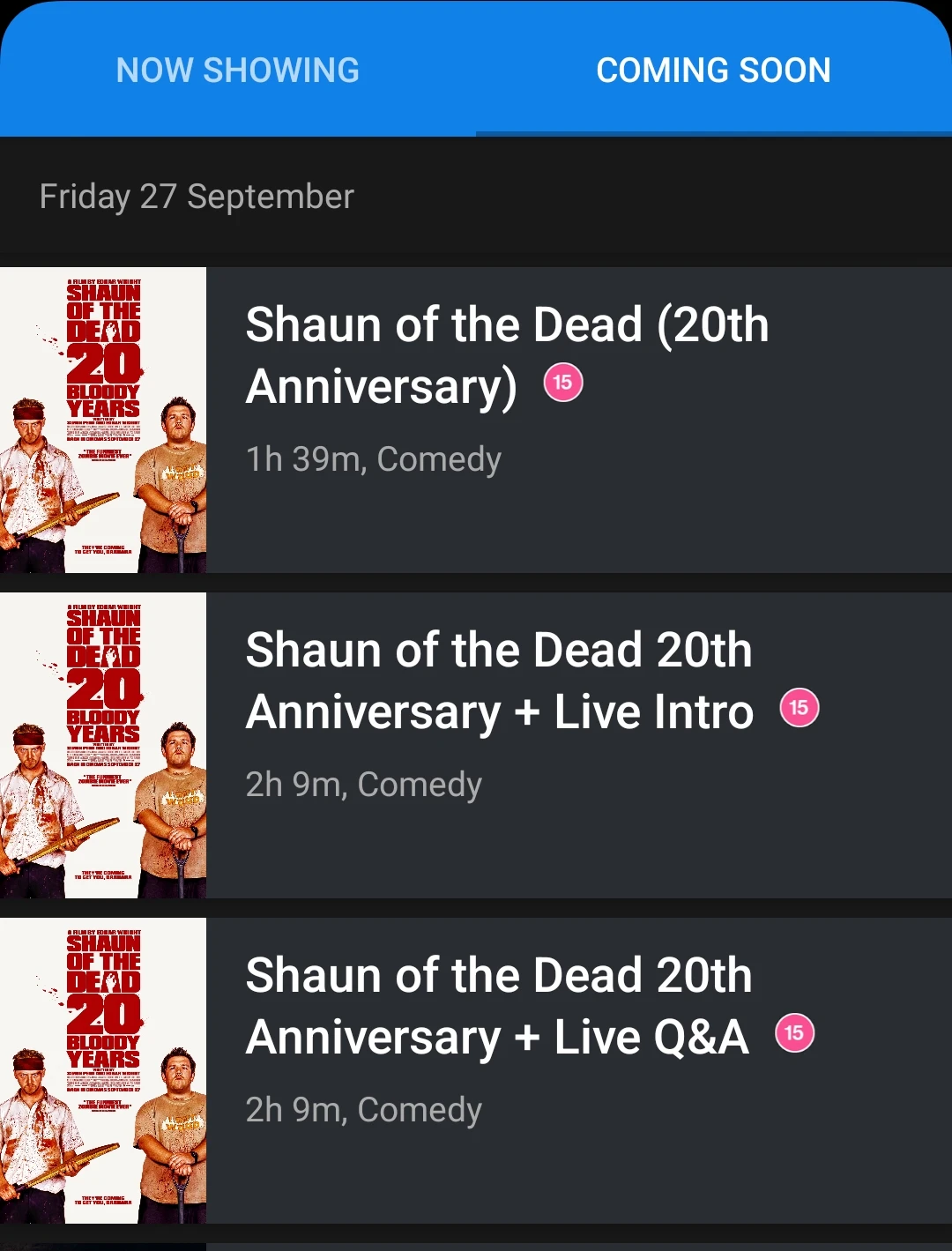Even though professional, cinema-quality digital cameras are now commonplace, they're generally not small or compact. (Take a look at Arri's current lineup, for example, with its Mini LF, used to capture Deadpool & Wolverine.) However, Danny Boyle’s forthcoming zombie flick, 28 Years Later, was shot over the summer with a bunch of adapted iPhone 15s, WIRED has learned, making the Hollywood thriller, with its budget of $75 million, the biggest movie to date filmed with smartphones.
Starring Killing Eve's Jodie Comer, next James Bond favorite Aaron Taylor-Johnson, and Ralph Fiennes, 28 Years Later, due for release in June 2025, is the long-awaited follow-up to 28 Days Later—the 2002 genre-defining movie that was the first to portray zombies as scary fast rather than lumbering—and 2007's 28 Weeks Later. Boyle is joined by cinematographer Anthony Dod Mantle; they won Oscars together in 2009 for their hit Slumdog Millionaire. Mantle was also cinematographer on the original 28 Days Later, as well as Boyle’s films Trance (2013), T2 Trainspotting (2017), and 127 Hours (2010).
There’s a tech story arc to Boyle and Mantle choosing Apple’s log-profile powerhouse for 28 Years Later: The pair’s 2002 kick-off movie, 28 Days Later, was filmed with an innovative-for-the-time digital camera—one of the first Hollywood feature films shot with a Canon XL-1. The lust-worthy $4,000 prosumer camcorder had interchangeable lenses and wrote data to MiniDV (digital video) tapes.
...
The use of Apple smartphones as the principal camera system on 28 Years Later was subsequently confirmed to WIRED by several people connected with the movie, detailing that the particular model used to shoot was the iPhone 15 Pro Max. (Evidently, filming took place too early for Boyle and Mantle to get their hands on the new iPhone 16 series.)
...
Several arthouse films have been shot with iPhones, including Sean Baker’s Tangerine (2015) and the Steven Soderbergh drama Unsane (2018), but these movies were limited-release, low-budget offerings compared to 28 Years Later.
British Films
255 readers
1 users here now
For all your British move-going needs as well as news about the British film industry.
See also:
Elsewhere in the Fediverse:
Rules:
- Be excellent to each other
founded 2 years ago
MODERATORS
26
27
28
29
30
31
10
ZX Spectrum documentary 'The Rubber Keyed Wonder' gets London premiere next month
(www.timeextension.com)
32
33
34
35
36
37
5
Silent Sherlock Holmes film to be screened for first time since 1922 release
(www.theguardian.com)
38
39
40
1
Actors spotted at Glasgow landmark filming Netflix horror [Guillermo del Toro's Frankenstein]
(www.glasgowtimes.co.uk)
41
5
Kneecap is a sweary, crude and brilliantly political Irish comedy – review
(www.independent.co.uk)
42
43
44
6
‘Performance’: the British movie Martin Scorsese “didn’t understand” but loved anyway
(faroutmagazine.co.uk)
45
46
1
Black Dog review – fine lead performances power British road movie on a satisfying path
(www.theguardian.com)
47
11
BBFC defends decision to lower A Nightmare on Elm Street’s age rating after 40 years
(www.independent.co.uk)
48
49
50
16
Saucy! Secrets of the British Sex Comedy review – a cheeky look at cinema’s wild sexploitation craze
(www.theguardian.com)
